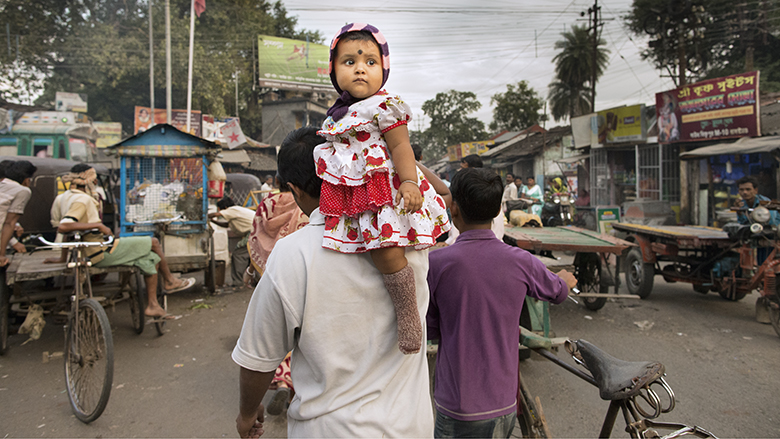Knowledge, Gaps, and Implications for Program Design
While progress has been made over the past decade, there is still much to learn about the effects of public policy on the labor participation of many children in developing countries. Policy instruments can be used to address or affect child labor, even if they are implemented to achieve other objectives. From a theoretical point of view, however, the impact of these policies on child labor is undetermined.
This paper discusses the evidence generated by rigorous evaluations on the impact on child labor of labor market programs, conditional and unconditional transfers, and microcredit, among other social programs and interventions.
The study finds that although transfer programs generally tend to reduce child labor, other policies risk increasing child labor, especially if they affect households' productive opportunities. The findings also point to knowledge gaps that should be addressed in future evaluations.
Read the full study here.
Last Updated: Mar 28, 2017
